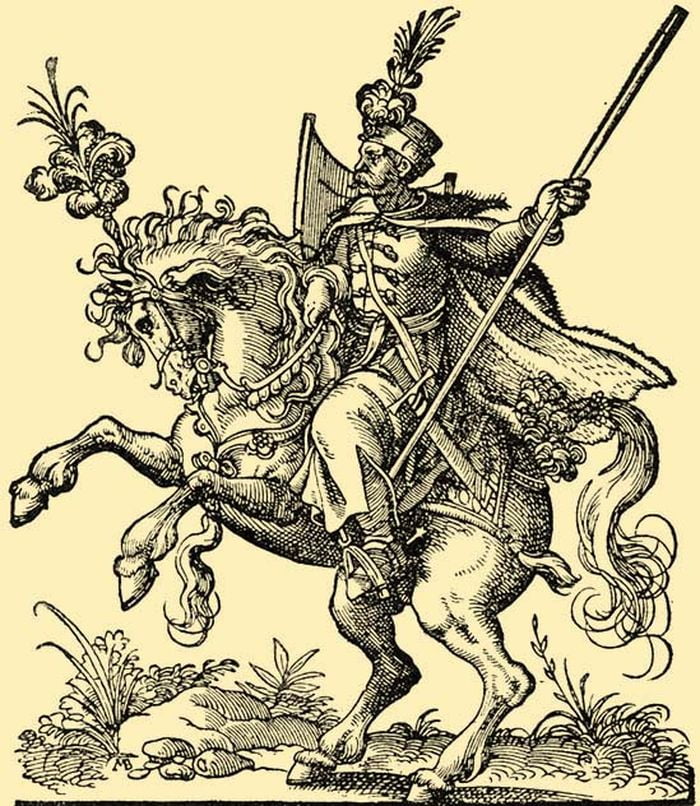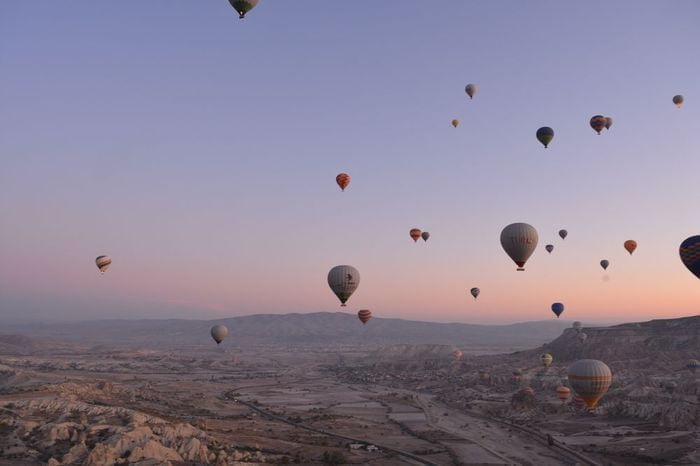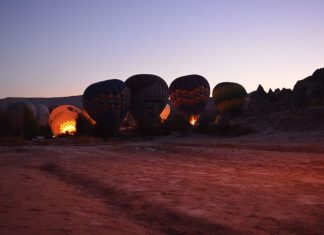With the opening of the Seventeenth Century the short story was overshadowed by the drama and the long-winded sentimental ro¬mance, although such writers as D`Alcripd, Tallement des Reaux, Camus, and Sorel assiduously applied themselves to the form.Toward the end of the century a new form was developed through the art of La Fontaine and Charles Perrault, whose fables and fairy tales are un¬surpassed.
The Eighteenth Century, with its new philosophy, its scepticism, and its preoccupation with literary form, saw the rise of the philo¬sophical and the moral tale. Fenelon began the Oriental, a variety of the moral tale, in the late sixteen hundreds. In England the same type was employed with success by Addison in the Spectator papers, and later by Dr. Johnson and Goldsmith.
In France Voltaire was the supreme master of the form. Marmontel developed his own type of moral tale, with its extreme sentimentality. It is toward the close of the century that, as in England and Germany and Italy, we detect the first symptoms of a radical change in subject-matter and method of treatment. The same spirit that affected Mrs. Radcliffe and Monk Lewis in England, operated upon certain French forerunners of the romantic-fantastic “school.” Influences from England and Germany were strong in the work of such writers as Gdrard de Nerval and Alfred de Musset.
Number of writers
With the dawn of the Nineteenth Century we come to the modern short story. The number of writers in France who assiduously applied themselves to the writing of short stories without ulterior motives or philosophical and moral purpose was enormous. In the hands of Balzac, Musset, Gautier, Vigny, Mdrime, Nodier, and a host of others, the short story became a pure work of art. To Balzac is due much of the credit for bringing about a complete break with the past in this respect. As the century progressed, the form was adopted by nearly all the great writers of fiction: Flaubert, George Sand, Adam, Anatole France, Daudet, Zola, Coppe, Maupassant, Richepin, and the rest.
The modern short story is one of the most highly perfected branches of French literature. There is something in the language that seems to make it a fit medium for the conveyance of this kind of fiction; at any rate the French short story at its best has never been surpassed.
Read More about Second Battle with Heresy part 31








